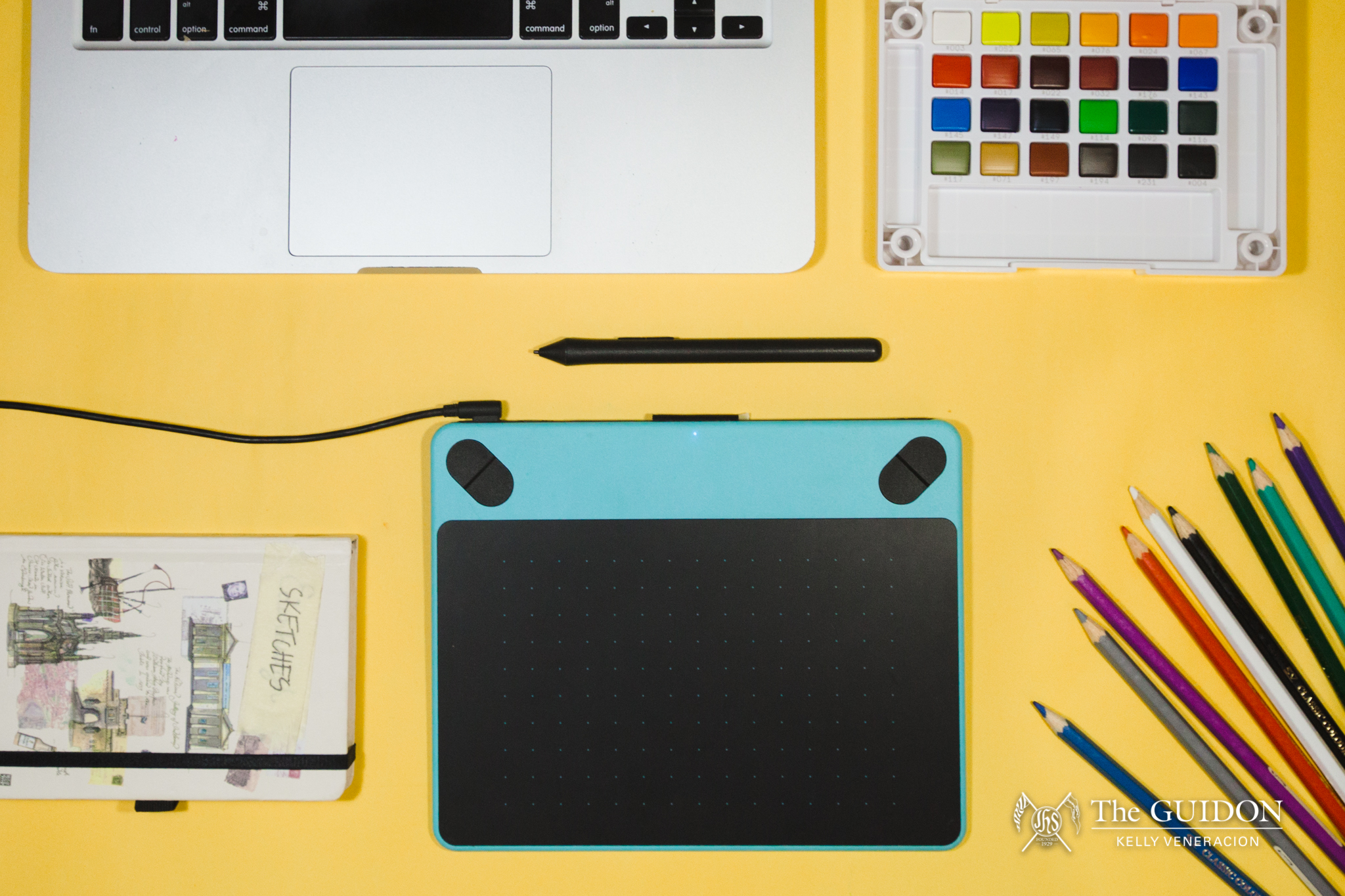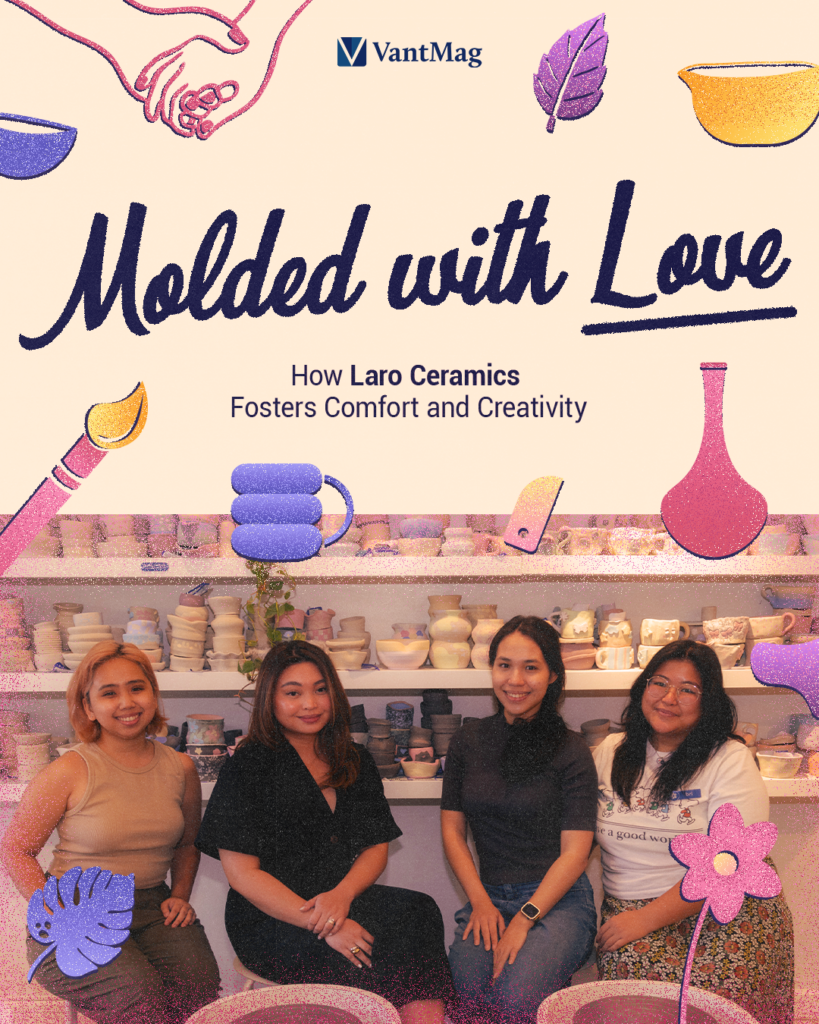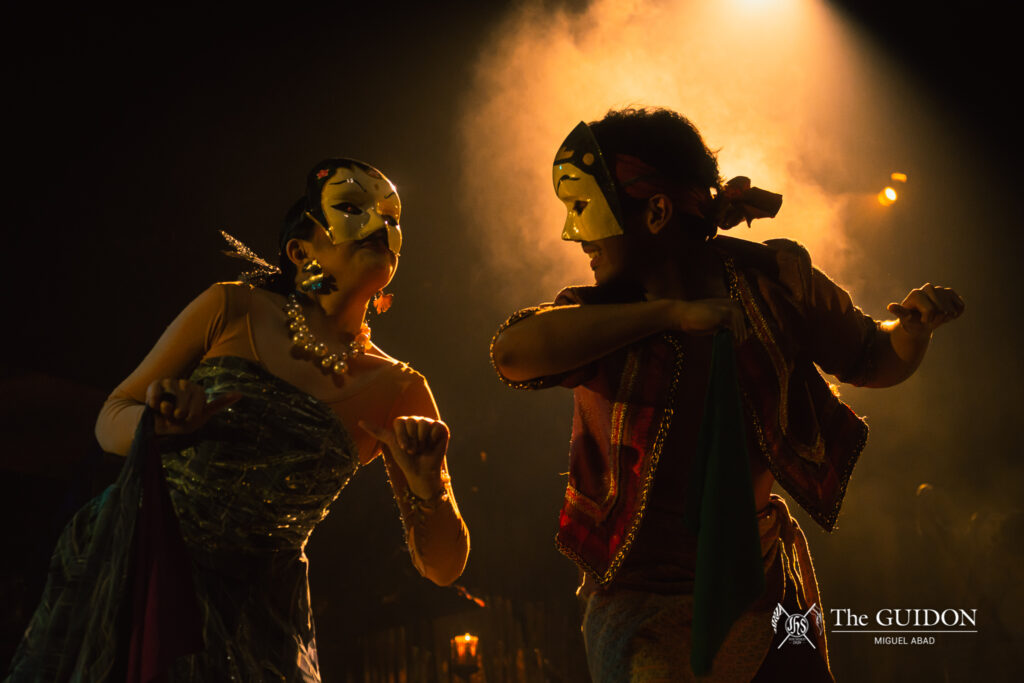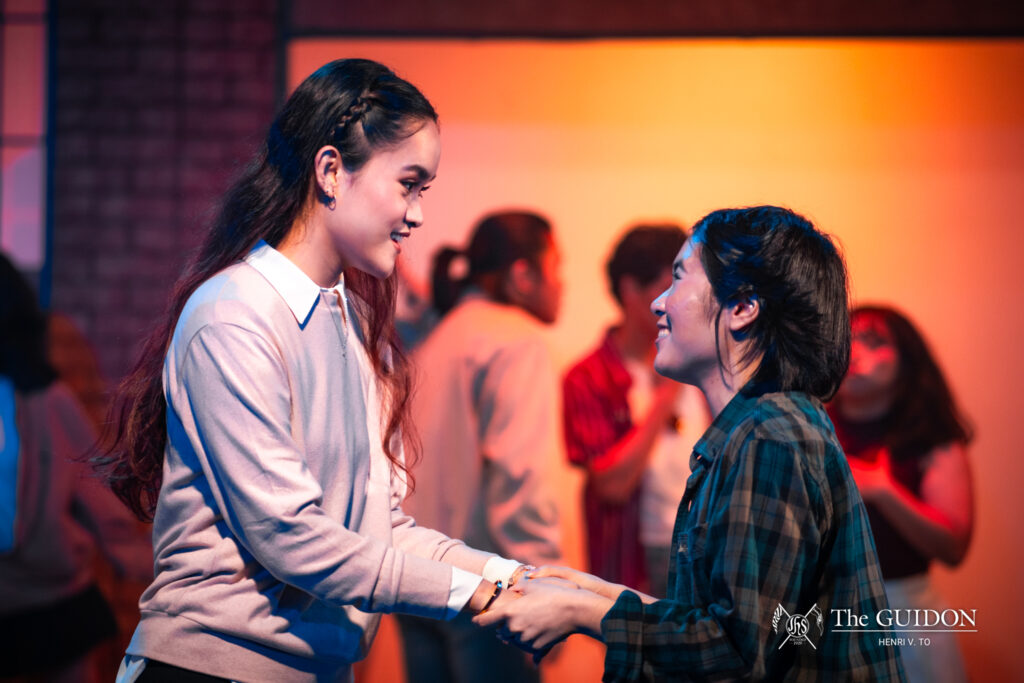The lockdown may be keeping Filipino creatives at home, but they have found new ways to keep their sense of community alive at a time of limited physical interaction. Over the past few months, online initiatives of all kinds have aspired to help persons in need amid the quarantine.
Among those efforts is accepting commissions for a cause: Artists draw for clients, then donate a portion—if not all—of the commission money to their sector of choice. Three artists who pioneered commission initiatives share how they’ve used their platforms to engage with sectors in need.
Front Line
Front Line: Commissions for a Cause started with re_action volunteer Allyson Luciano. Realizing that encouraging family and friends to donate wasn’t enough, Luciano told members of make_sense—a global entrepreneur community—about her plans to donate the money that she earns from digital art commissions. “It came as a shock to me that many people loved what I proposed and started pitching more and more ideas to make it an official project,” she shares. Eventually, she was inspired to collaborate with her co-volunteers to launch Front Line.
Front Line’s funds go to re_action’s partner non-governmental organizations that provide food and personal protective equipment to medical frontliners and essential workers: Front Liner’s Kitchen, Wear Forward, Lifecycles PH, and Accessiwheels. As of writing, Front Line has collected over Php 100,000 for their beneficiaries.
Luciano encourages starting commission drives for anyone who aspires to make a difference amid the pandemic. “It doesn’t even have to be a group of people who do it—it can start from an individual who can donate their proceeds. Commission drives can definitely be done anywhere, everywhere, even just behind a screen,” she explains.
Project Artivism
Behind the witty portmanteau is a team of artists who respond to pressing issues through their craft, something that Project Artivism founding member Therese Padilla notes is difficult to come across at this time. “It’s hard to create something fun when there isn’t much to inspire you, especially if you’ve got other matters to deal with,” she explains. “But it’s in situations exactly like this, however, that artists find that their voice becomes the strongest.”
Padilla traces the beginnings of Project Artivism to her sister. At the height of the Black Lives Matter movement and Anti-Terrorism Law protests, Padilla’s older sister explained that apathy was rampant because people worried more about getting by day to day. Padilla shares that—being quite young—she knew she couldn’t “give away money [she] didn’t have” in support of these causes; so, instead, she opted to use her skills and talents for a cause. Inspired by Filipino artists whose works reflected their political stances, Padilla resolved to grow her sister’s idea into a bigger undertaking.
At present, Project Artivism’s proceeds go to both local and international causes that support marginalized sectors affected by the COVID-19 pandemic: Project Lumad, Project Pagsibol, Hatid Kapatid, Piston: Pagkakaisa Ng Mga Samahan Ng Tsuper At Operator Nationwide, Fundlife International, Hong Kong Free Press, and ActBlue Charities.
We’ll Draw You For Food
A group of friends turned their shared passion into something more when they started We’ll Draw You For Food to raise funds for food-related drives. Fundraiser Organizer Guia Viray shares that the project’s inspiration came from a passage about using one’s talents for the greater good. “With all hardships being made harder due to the lockdown, I knew there was something that creatives like myself and my friends could do to help ease some burdens,” Viray explains.
Recognizing the possibility of helping others with their skills, the team behind We’ll Draw You For Food decided to focus on their beneficiaries: Christ’s Youth in Action, Fund Drive for D’ Families of Jeepney Drivers, Save Our Schools Network, Mission M.C. San Juan, and Lasa11iano Para sa Baryo. These organizations aim to raise funds for families in rural areas, as well as displaced Lumad refugees and jobless jeepney drivers. “From the start of Wave 1 to the end of Wave 2, we were able to raise a total of [Php]127,800!” Viray shares.
Aside from their beneficiaries, the volunteers found purpose in their work, too. Viray notes that their group has found joy in their passion knowing that the fruit of their labor is helping put food on other peoples’ tables. “I’m hopeful [that] similar projects have brought awareness to the communities we’re helping and that more people—not only artists—will find that their passions can be used as a tool that can help uplift people,” she concludes.
While quarantine restrictions have eased, many sectors remain vulnerable in the face of uncertain societal conditions. This is why these commission initiatives continue to recruit more artists with different art styles in ‘waves’ to better cater to prospective donors. In a time of need, these efforts prove that anyone is capable of making change —even if the pandemic has physically been keeping us apart.






